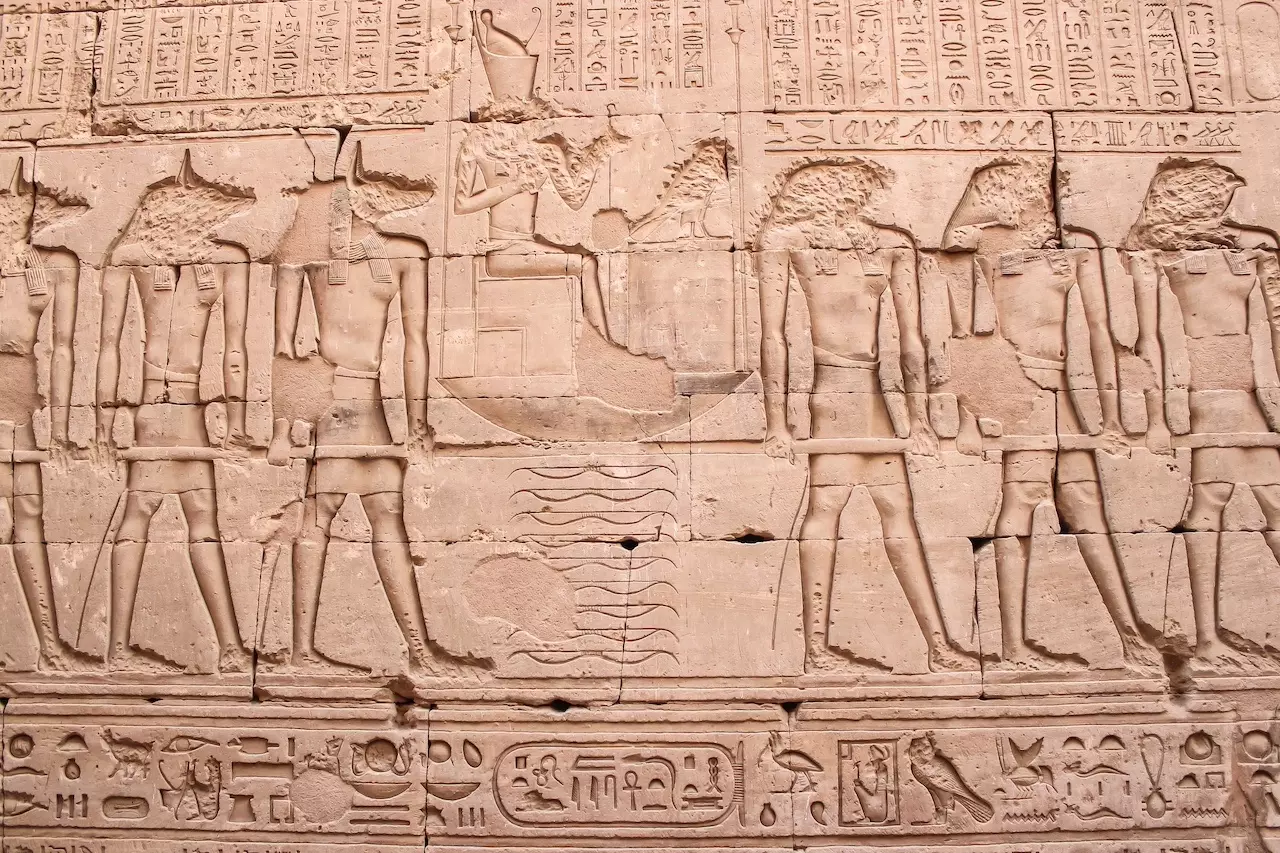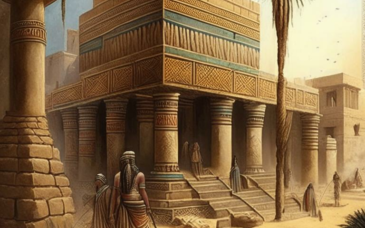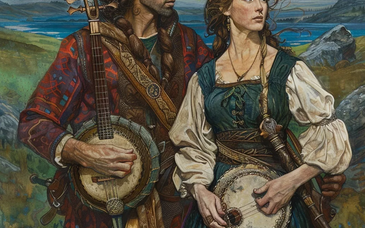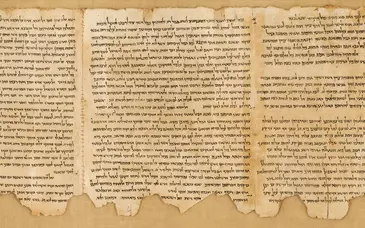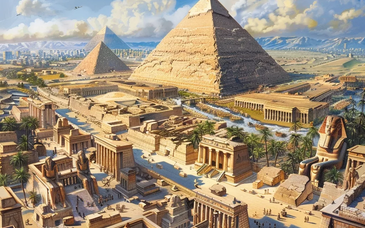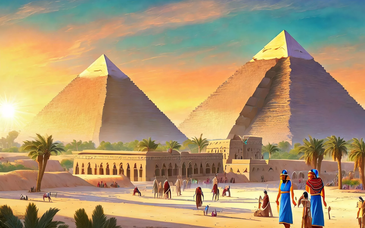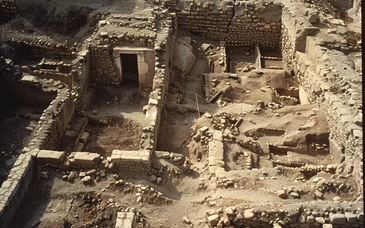Embarking on a journey through time, Classical and Mediterranean Archaeology invites us to unravel the mysteries of ancient civilizations that once flourished around the Mediterranean basin. This captivating field of study delves into the remnants of cultures that have shaped the course of human history, offering a window into the lives, beliefs, and achievements of those who came before us.
Exploring the Classical World
Classical Archaeology focuses on the civilizations of ancient Greece and Rome, two iconic cultures that laid the foundation for Western civilization. Through the excavation of cities like Athens and Rome, archaeologists unearth artifacts that provide insight into the daily lives of citizens, their religious practices, artistic expressions, and political structures. Temples, amphitheaters, and agora unearthed from the layers of time speak volumes about the architectural prowess and cultural sophistication of these ancient societies.
Mediterranean Marvels
The Mediterranean, often referred to as the cradle of civilization, witnessed the rise and fall of numerous cultures such as the Phoenicians, Carthaginians, Egyptians, and more. Mediterranean Archaeology casts its net wide, exploring the interconnectedness of these civilizations through trade routes, cultural exchanges, and shared artistic motifs. From the pyramids of Egypt to the maritime prowess of the Phoenician city-states, the Mediterranean holds a treasure trove of archaeological wonders waiting to be discovered.
Archaeological Techniques
Archaeologists employ a myriad of techniques to unearth and interpret the past. Excavations, surveys, and analyses of artifacts, pottery, and skeletal remains provide valuable clues about ancient societies. Advanced technologies, such as ground-penetrating radar and 3D modeling, enhance the precision of archaeological investigations, allowing researchers to reconstruct ancient landscapes and urban layouts.
Challenges and Ethical Considerations
While the pursuit of knowledge is at the forefront of archaeological endeavors, ethical considerations are paramount. The responsible excavation and preservation of archaeological sites are essential to safeguard our shared human heritage. The trade of illicit artifacts and the destruction of sites for commercial gain are challenges that archaeologists and policymakers work tirelessly to address.
The Relevance of Classical and Mediterranean Archaeology
Beyond satisfying our innate curiosity about the past, Classical and Mediterranean Archaeology play a crucial role in informing our present and future. By understanding the societal structures, technological advancements, and cultural exchanges of ancient civilizations, we gain valuable insights into the human experience. These lessons can inform contemporary challenges and contribute to the preservation of cultural diversity.
Classical and Mediterranean Archaeology beckon us to embark on a captivating journey through time, where the remnants of ancient civilizations speak volumes about the richness and complexity of human history. As we unearth the treasures buried beneath the sands and soils, we not only unravel the past but also gain a deeper appreciation for the diverse tapestry of cultures that have shaped our world.
